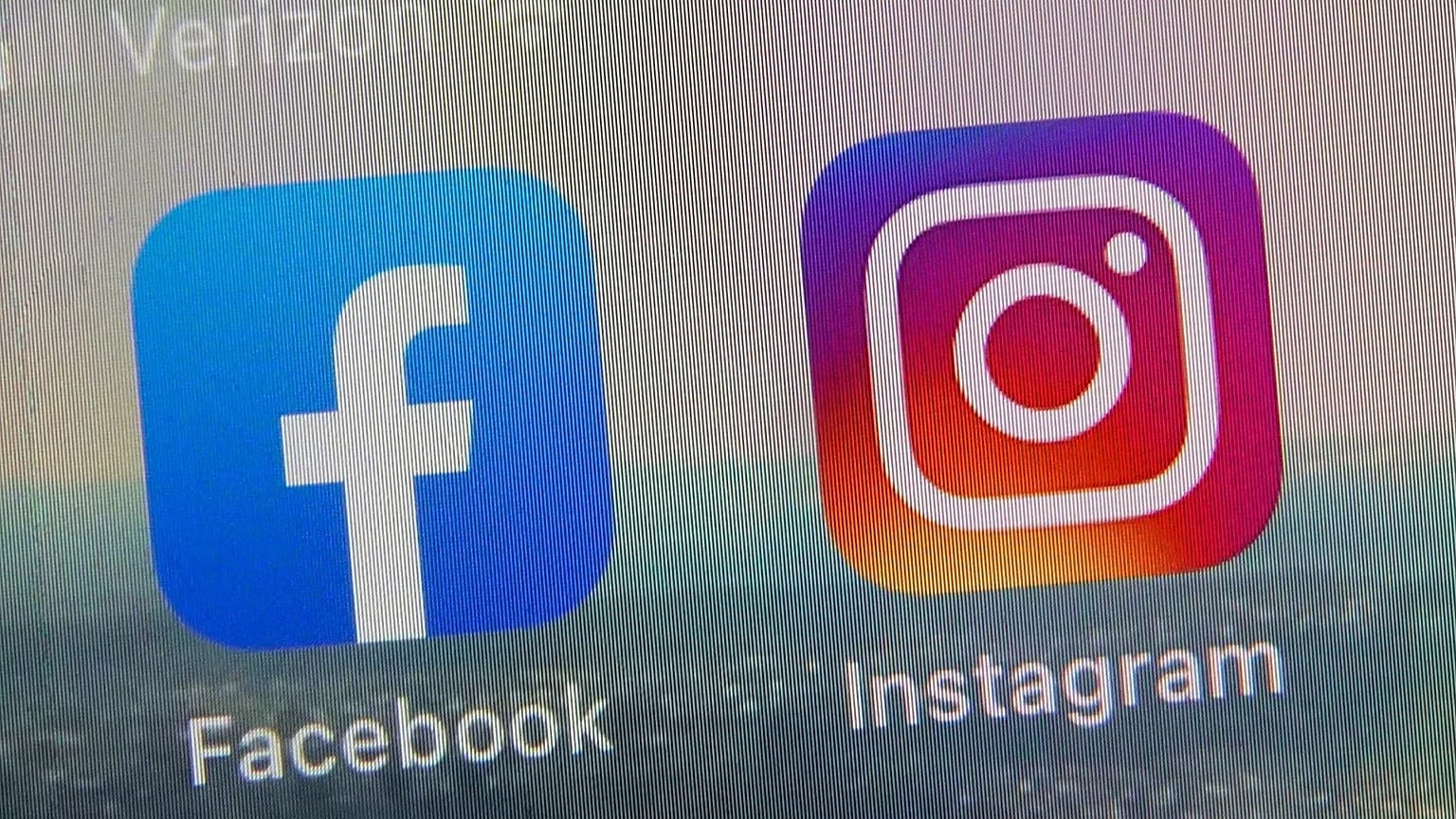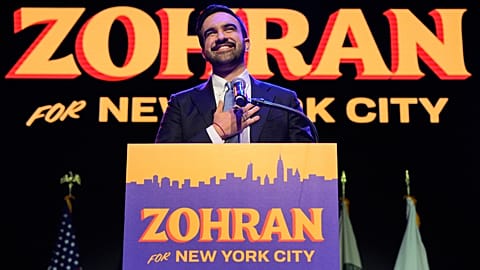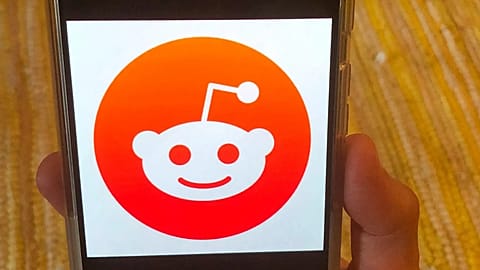The lawsuit alleges that tech giants knew young people were vulnerable to addictive features on social media, but targeted them anyway.
New York City filed a fresh lawsuit against social media giants, accusing them of triggering a mental health crisis among children and teenagers by addicting them to social media.
 ADVERTISEMENT
ADVERTISEMENT
 ADVERTISEMENT
ADVERTISEMENT
The 327-page lawsuit targets the parent companies of Facebook, Instagram, TikTok, Snapchat, Google, and YouTube, saying they created features that make it hard to stop scrolling and drive depression, anxiety, loneliness, and poor self-esteem among young people.
The city said the tech giants targeted kids and teenagers to drive profits, despite knowing they were particularly vulnerable to the addictive effects of features such as an algorithmically-driven “endless feed” of content and “incessant notifications” that encourage users to repeatedly check their accounts.
“Instead of feeding coins into slot machines, kids are feeding [social media] platforms with an endless supply of attention, time, and data,” the city said.
It also alleges that the tech giants have “long been aware of research connecting use of their apps with harm to its users’ wellbeing, but chose to ignore or brush it off”.
The lawsuit, which was filed in Manhattan federal court, seeks damages and accuses the companies of gross negligence and causing a public nuisance.
It joins a chorus of lawsuits filed by US state governments, school districts, and individuals pursuing legal action against social media giants for similar reasons.
Google spokesperson José Castañeda rejected the allegations, saying in a statement to Euronews Next that the lawsuits "fundamentally misunderstand how YouTube works". He said YouTube is a video-watching platform, "not a social network where people go to catch up with friends".
The other tech companies did not respond to Euronews Next's requests for comment.
The cases come amid growing concern worldwide over the impact of social media on young people. Earlier this week, Danish Prime Minister Mette Frederiksen proposed a ban on social media for children under age 15, echoing calls from other European countries.
Updated 9 October: This story has been updated to include comment from Google.

















